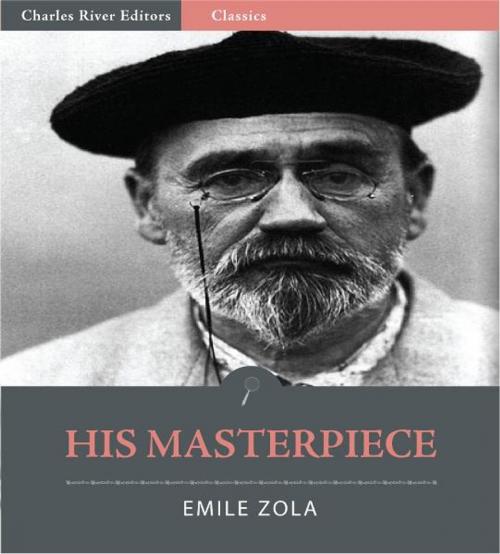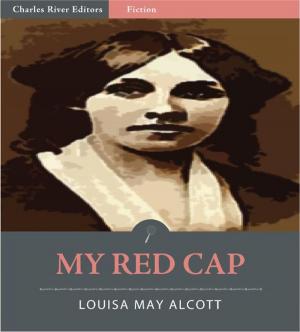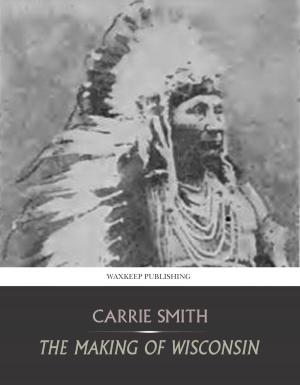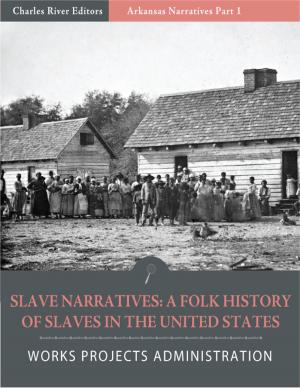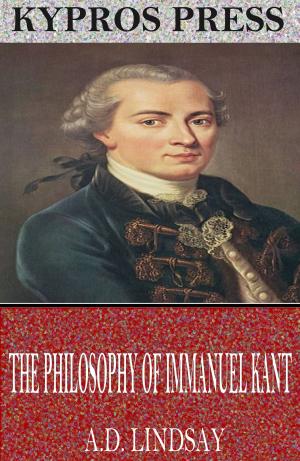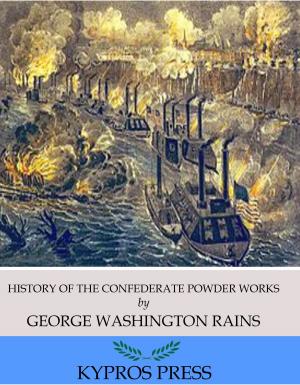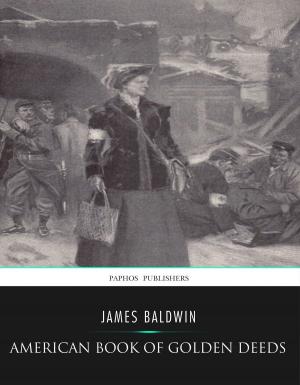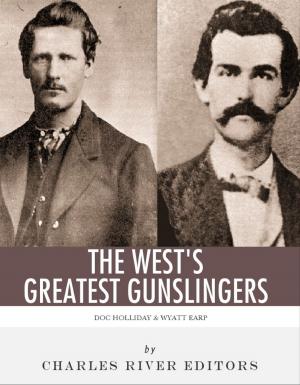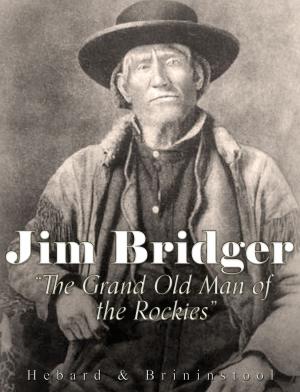| Author: | Emile Zola | ISBN: | 9781619828216 |
| Publisher: | Charles River Editors | Publication: | February 17, 2012 |
| Imprint: | Language: | English |
| Author: | Emile Zola |
| ISBN: | 9781619828216 |
| Publisher: | Charles River Editors |
| Publication: | February 17, 2012 |
| Imprint: | |
| Language: | English |
Émile François Zola ( 2 April 1840 29 September 1902) is one of the greatest writers of the 19th century, and one of Frances best known citizens. In his life, Zola was the most important exemplar of the literary school of naturalism and a major figure in the political liberalization of France. Around the end of his life, Zola was instrumental in helping secure the exoneration of the falsely accused and convicted army officer Alfred Dreyfus, a victim of anti-Semitism. The Dreyfus Affair was encapsulated in the renowned newspaper headline J'Accuse. More than half of Zola's novels were part of this set of 20 collectively known as Les Rougon-Macquart. Unlike Honore de Balzac, who compiled his works into La Comedie Humaine midway through, Zola mapped out a complete layout of his series. Set in France's Second Empire, the series traces the "environmental" influences of violence, alcohol and prostitution which became more prevalent during the second wave of the Industrial Revolution. The series examines two branches of a family: the respectable Rougons and the disreputable Macquarts for five generations. Zola explained, "I want to portray, at the outset of a century of liberty and truth, a family that cannot restrain itself in its rush to possess all the good things that progress is making available and is derailed by its own momentum, the fatal convulsions that accompany the birth of a new world." His Masterpiece is the 14th volume in Zolas series, and it is believed to have been a semi-autobiographical look at one of Zolas friends. This edition of Zolas His Masterpiece is specially formatted with a Table of Contents and is illustrated with pictures of Zola, his life and work.
Émile François Zola ( 2 April 1840 29 September 1902) is one of the greatest writers of the 19th century, and one of Frances best known citizens. In his life, Zola was the most important exemplar of the literary school of naturalism and a major figure in the political liberalization of France. Around the end of his life, Zola was instrumental in helping secure the exoneration of the falsely accused and convicted army officer Alfred Dreyfus, a victim of anti-Semitism. The Dreyfus Affair was encapsulated in the renowned newspaper headline J'Accuse. More than half of Zola's novels were part of this set of 20 collectively known as Les Rougon-Macquart. Unlike Honore de Balzac, who compiled his works into La Comedie Humaine midway through, Zola mapped out a complete layout of his series. Set in France's Second Empire, the series traces the "environmental" influences of violence, alcohol and prostitution which became more prevalent during the second wave of the Industrial Revolution. The series examines two branches of a family: the respectable Rougons and the disreputable Macquarts for five generations. Zola explained, "I want to portray, at the outset of a century of liberty and truth, a family that cannot restrain itself in its rush to possess all the good things that progress is making available and is derailed by its own momentum, the fatal convulsions that accompany the birth of a new world." His Masterpiece is the 14th volume in Zolas series, and it is believed to have been a semi-autobiographical look at one of Zolas friends. This edition of Zolas His Masterpiece is specially formatted with a Table of Contents and is illustrated with pictures of Zola, his life and work.
